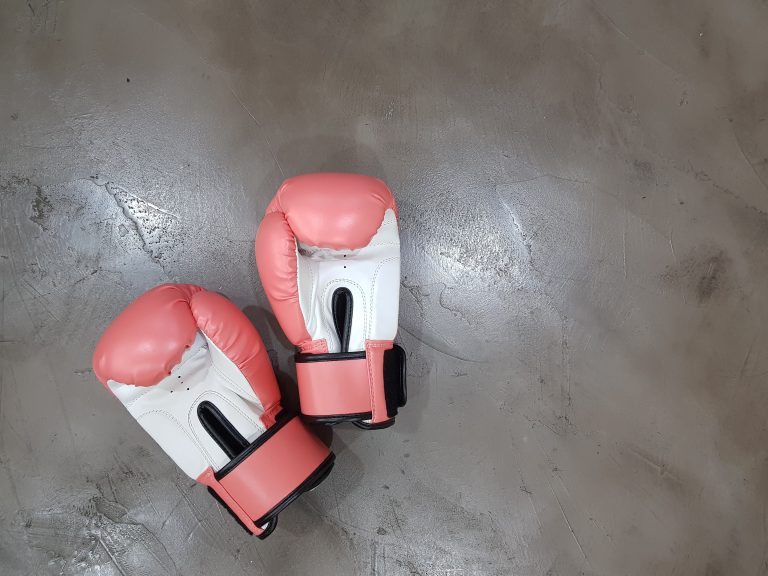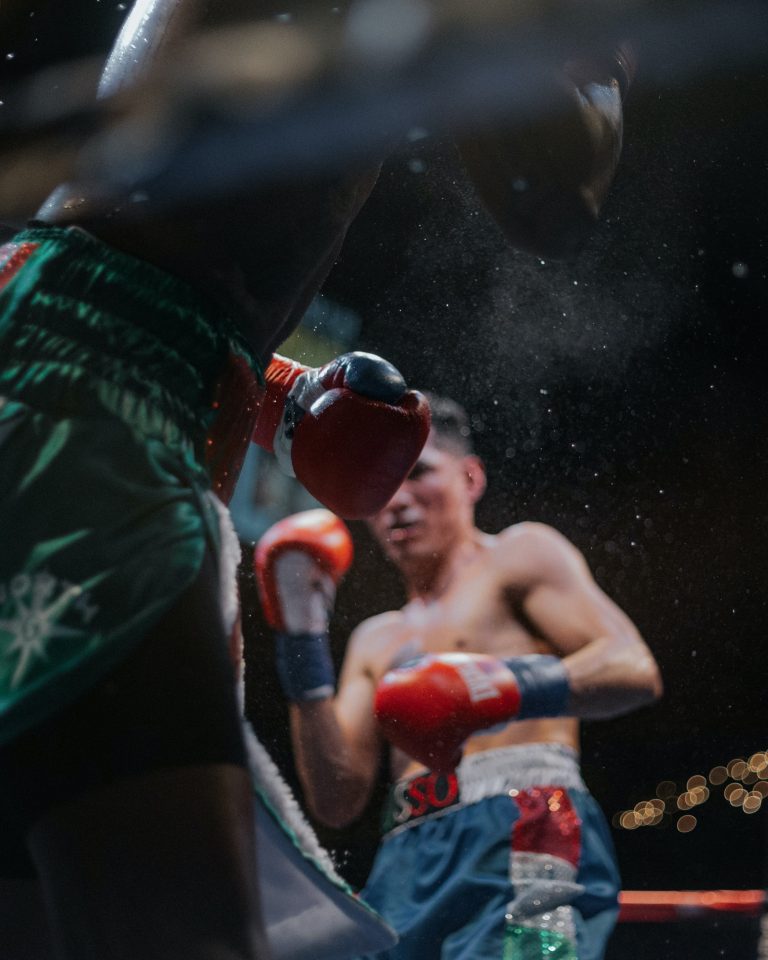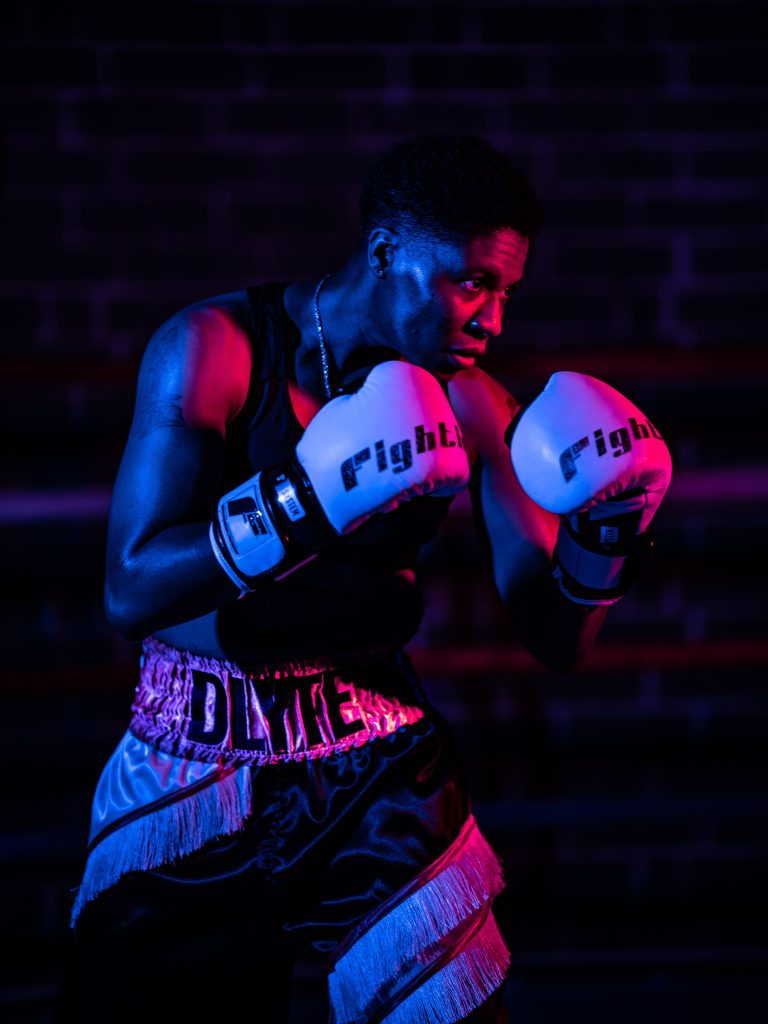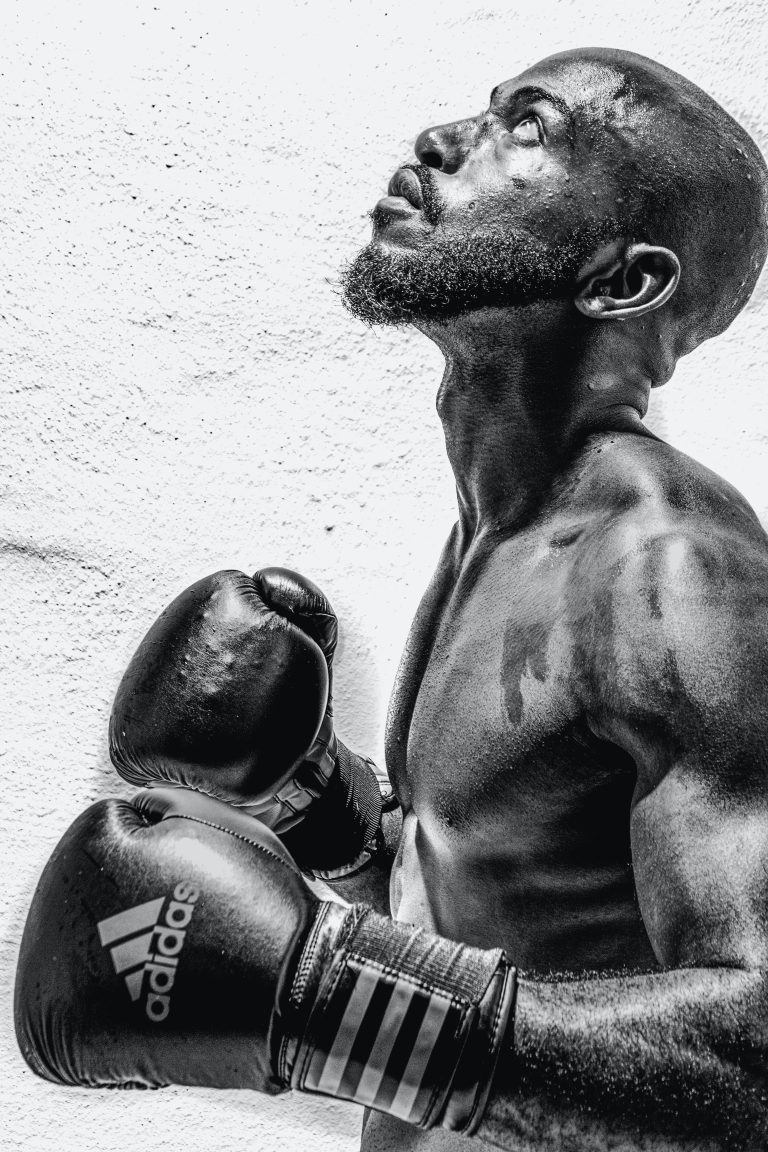How to be Good at Karate: Tips, Techniques, and Strategies
Karate is a martial art that originated in Okinawa, Japan, and has become popular all around the world due to its effectiveness for self-defense and its emphasis on developing physical and mental abilities. If you are interested in learning karate, or if you want to improve your skills in this martial art, then this article is for you. Here are some tips, techniques, and strategies that can help you become good at karate.
1. Learn the Basics
The first step to becoming good at karate is to learn the basics. This includes understanding the different stances, punches, kicks, blocks, and strikes that are used in karate. You should also familiarize yourself with the terminology used in karate, such as the names of the different techniques and the Japanese words that are used to count and show respect.
It is essential to practice the basics regularly until they become second nature to you. Focus on perfecting your form and developing good habits, such as keeping your guard up and maintaining proper balance. This will serve as a foundation for your future progress in karate.
2. Develop Strength and Flexibility
Karate requires physical strength and flexibility. You need to develop strong muscles and core stability to execute powerful and precise techniques. At the same time, flexibility is essential to maintain good form and avoid injuries.
To improve your strength, you can do exercises such as push-ups, squats, lunges, and sit-ups. You can also train with weights or use resistance bands to build muscle. To improve your flexibility, you can do dynamic stretching exercises, such as leg swings and arm circles, as well as static stretching exercises, such as toe touches and hamstring stretches.
3. Practice Kata
Kata is a sequence of predetermined movements that simulate a fight against multiple opponents. It is an essential aspect of karate training that helps develop muscle memory, coordination, and timing. By practicing kata, you also learn how to apply techniques in different situations and improve your overall performance.
To practice kata, you need to memorize the movements and perform them with precision and speed. You should also pay attention to your breathing and rhythm and focus on executing each technique with power and control.
4. Spar with Partners
One of the best ways to improve your karate skills is to spar with partners. Sparring allows you to test your techniques against a moving and resisting opponent and to develop your timing, speed, and reflexes. It also helps you build confidence and learn how to adapt to different fighting styles and situations.
When sparring, it is important to wear protective gear, such as gloves, headgear, and mouthguards, and to follow the rules and guidelines of your school or organization. You should also communicate with your partner and give feedback to help each other improve.
5. Focus on Mindset and Attitude
Karate is not just a physical activity, but also a mental one. To be good at karate, you need to develop a positive mindset and attitude. This includes having discipline, respect, and humility towards yourself and others, as well as being focused, confident, and determined in your training.
You can cultivate a strong mindset through meditation, visualization, and self-reflection. You should also set realistic goals for yourself, track your progress, and celebrate your achievements. Finally, you should always be open to learning, feedback, and improvement and maintain a growth mindset towards your karate journey.
How to be Good at Karate: FAQs
For anyone who is new to the martial art of karate, it can be challenging to know where to start or understand what it takes to become good at it. In this blog post, we’ll tackle some of the most frequently asked questions about how to be good at karate.
1. What are the basic skills I need to learn in karate?
The foundation of karate is built upon mastering basic techniques such as punches, kicks, blocks, and strikes. Without these basics, it’s impossible to progress to the more advanced levels of the sport. In addition to these techniques, it’s crucial to learn footwork, stances, and breathing techniques that will help you maintain balance, agility and focus during sparring.
2. How important is physical conditioning in karate?
Karate demands a high level of physical fitness, so it’s essential that you have good cardiovascular endurance, strength, and flexibility to succeed. Practicing karate involves various movements that require explosive power, agility, and speed. Additionally, conditioning exercises such as push-ups, sit-ups, and running can help to improve your overall fitness level and enhance your ability to execute karate techniques.
3. What should I know about sparring in karate?
Sparring is an essential aspect of karate training, and it involves simulated combat with a partner. During sparring, you’ll need to use the techniques you’ve learned to defend yourself while simultaneously landing strikes on your opponent. It’s essential to wear protective gear such as headgear, gloves, and a mouthguard to reduce the risk of injury. Additionally, practicing with different partners of varying skill levels can help you improve your technique, timing, and adaptability.
4. How does mental focus play a role in karate?
Mental focus is a critical aspect of karate training since the sport demands a high degree of concentration, discipline, and patience. You’ll need to focus on your breathing, your movements, as well as your opponent’s movements, during sparring. Moreover, learning to overcome fear, anxiety, and stress is critical to performing well. Practicing mindfulness techniques such as meditation, visualization, and breathing exercises can help to improve your mental focus and overall performance.
5. How important is it to have a good karate instructor?
The role of a good karate instructor is essential since they provide the necessary guidance, motivation, and support to help you achieve your goals. An experienced instructor can help you to master the fundamental techniques, improve your physical conditioning, and fine-tune your mental focus. Moreover, they can provide constructive feedback and evaluation of your growth and progress.
6. What is the best way to train for karate?
The best way to train for karate is to develop a regular practice routine that includes all aspects of the sport, such as basics, kata, sparring, and conditioning. Finding a quality dojo or training center with experienced instructors, a supportive community, and quality training equipment can also help improve your skills. Additionally, cross-training in other martial arts or physical activities such as yoga or Pilates can help to enhance your overall physical fitness, flexibility, and mental clarity.
In conclusion, karate involves a lot of physical and mental effort to excel. However, with the right attitude, commitment, and training, anyone can become good at it. Focus on mastering the basics, conditioning your body, developing mental focus, and finding a quality instructor and dojo that can provide the necessary support and guidance. By following these tips, you’re well on your way to becoming a skilled karate practitioner.
How to be Good at Karate: A Step-by-Step Guide
Karate is a popular martial art that can help improve your physical and mental health, as well as teach you valuable self-defense skills. Whether you’re a beginner or an experienced practitioner, there are certain steps you can take to improve your skills and become good at karate. In this guide, we’ll explore some of the key steps you can follow to enhance your karate skills and become a true karateka.
Step 1: Find a Good Dojo and Instructor
The first step to becoming good at karate is to find a good dojo and instructor. A good instructor will guide you through the basics and help you improve your technique over time. Look for a dojo with experienced and qualified instructors who can provide you with the right guidance and training.
Step 2: Learn the Basic Techniques
Karate involves a range of basic techniques, including punches, kicks, blocks, and strikes. It’s essential to master these techniques before moving on to more advanced moves. Make sure to practice these basic techniques to build a strong foundation for your karate practice.
Step 3: Focus on Proper Form and Technique
Proper form and technique are critical in karate. Make sure to focus on executing each technique correctly, paying attention to your body position, balance, and movement. Ask your instructor for feedback and guidance to ensure that you’re performing each technique correctly.
Step 4: Practice Regularly
Karate requires regular practice to improve your skills and build your endurance. Practice several times a week to maintain your technique, build strength and flexibility, and improve your overall performance.
Step 5: Set Goals for Yourself
Setting goals for yourself is essential to stay motivated and focused on your karate practice. Establish achievable goals, such as learning a new technique or mastering a certain skill. Work towards these goals over time and celebrate your accomplishments when you achieve them.
Step 6: Train Your Mind as Well as Your Body
Karate is as much about mental discipline as it is about physical strength. Train your mind alongside your body, focusing on developing mental toughness, resilience, and focus. Incorporate meditation, visualization, and mindfulness practices into your routine to help you stay mentally sharp.
Step 7: Participate in Tournaments and Competitions
Tournaments and competitions provide an opportunity to test your skills and measure your progress. Participate in local or regional tournaments to challenge yourself and gain experience competing against other karate practitioners.
Step 8: Stay Humble and Grateful
Karate is a lifelong practice that requires dedication, discipline, and humility. Stay humble and grateful for the opportunity to learn and grow in this art form. Respect your instructors, fellow students, and the traditions of karate, and approach your practice with an open and curious mind.
Conclusion
Learning karate takes time and effort, but by following these steps, you can improve your skills and become a good karateka. Remember that karate is not just about physical strength but also mental discipline, so make sure to train both your mind and body. Practice regularly, stay focused and motivated, and enjoy the journey of learning and growing in this art form.
Inhaltsverzeichnis






